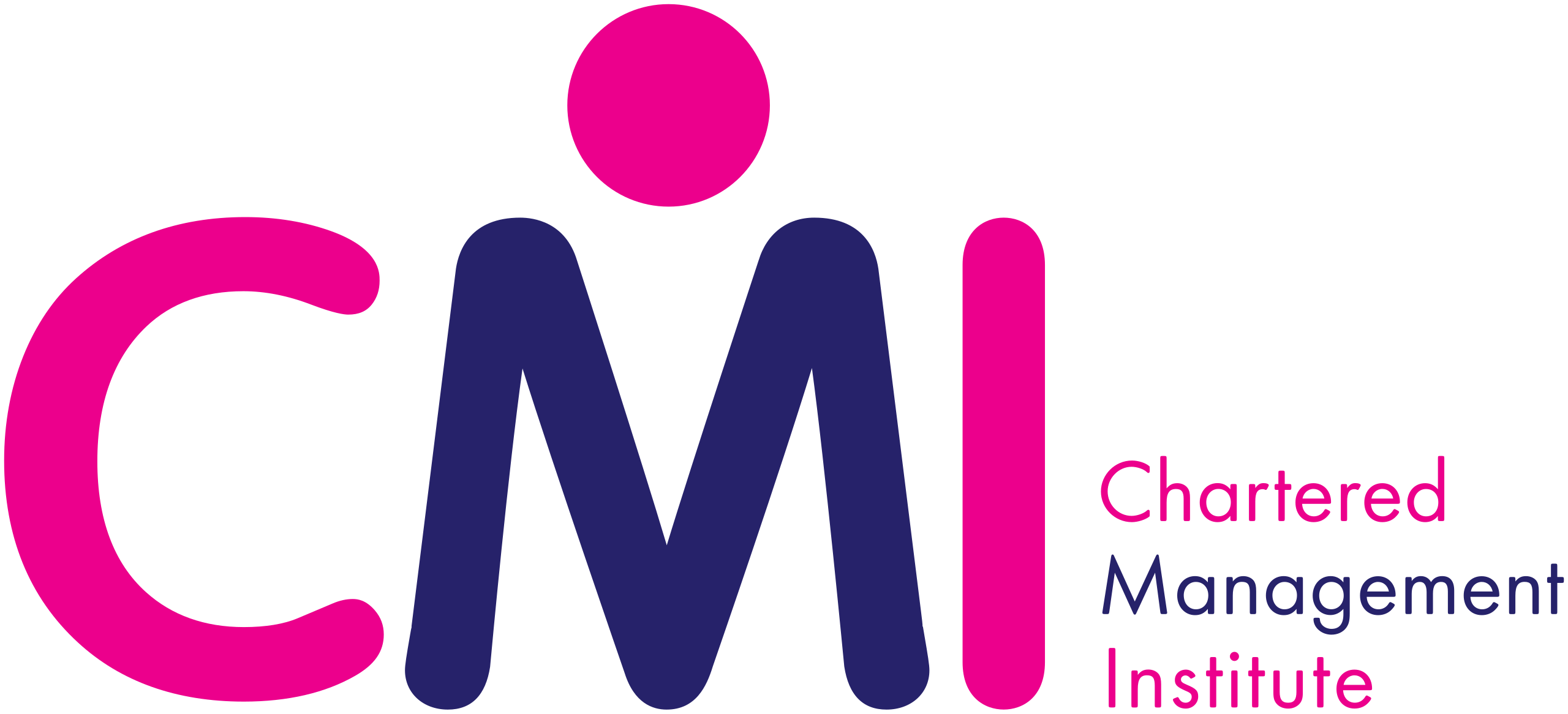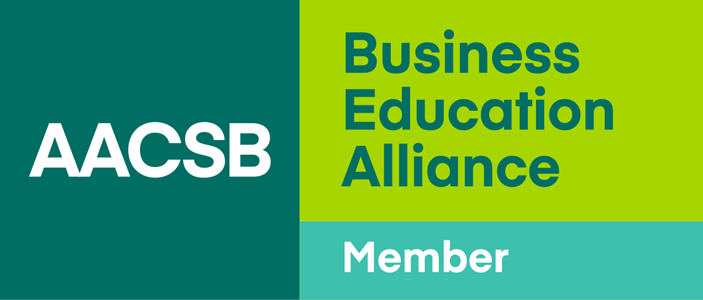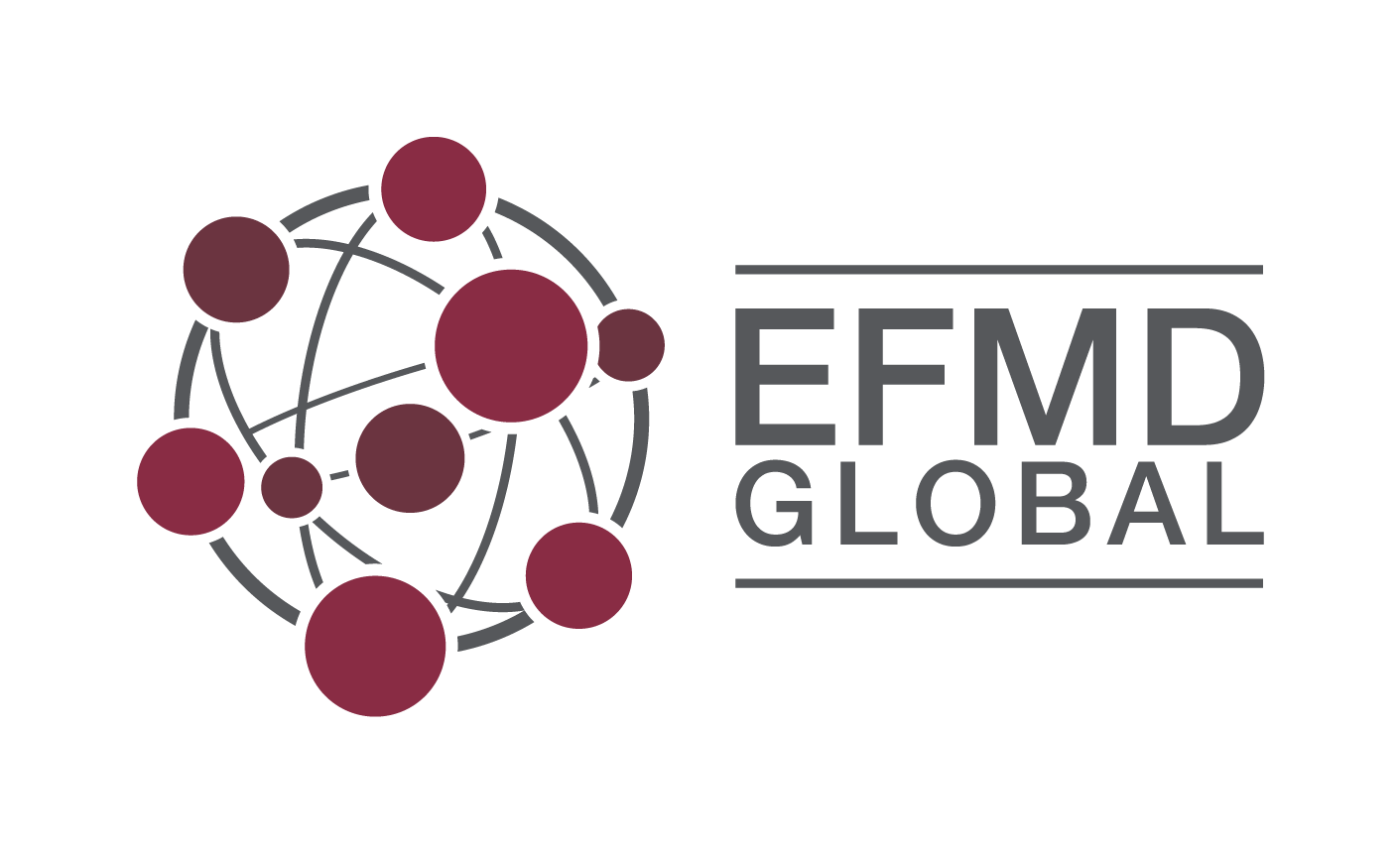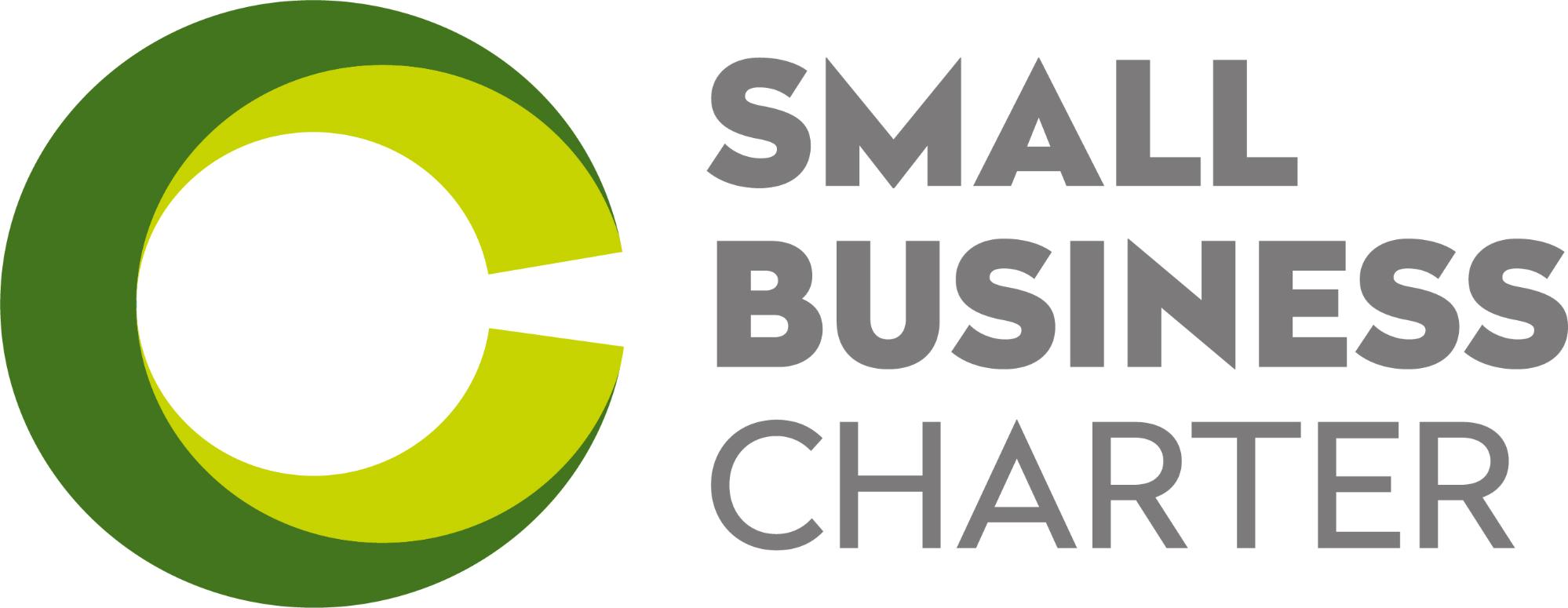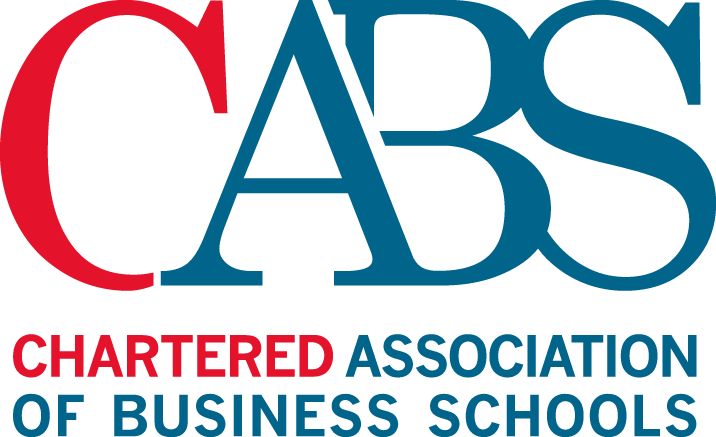Year 1
Block 1: Foundations of Business Management
Block 2: Introduction to Marketing
Block 3: Accounting & Budget Management
Block 4: Human Resource & People Management
Year 2
Block 1: Finance and Reporting for Management Decisions
Block 2: Contemporary Issues in Sustainable Business
Block 3: Choose one from the below:
Business Research and Analysis
Block 4: Choose one from the below:
Ethical and Responsible Leadership
Global Operations and Supply Chain Management
Year 3
Block 1: Choose one from the below:
Digital Transformation and Innovation in Business
Business Analytics and Managing Data
Critical Issues in Global Business
Block 2: Choose one from the below:
Managing Business Projects
Change, Innovation and Knowledge Management
Crisis and Risk Management
Block 3: Business Strategy and Simulation
Block 4: Choose one from the below:
Dissertation
Business Project
Note: All modules are indicative and based on the current academic session. Course information is correct at the time of publication and is subject to review. Exact modules may, therefore, vary for your intake in order to keep content current. If there are changes to your course we will, where reasonable, take steps to inform you as appropriate.
Detailed Module Descriptions
Year 1
Block 1: Foundations of Business Management
This module introduces you to the external context of business practice and understanding the impact of globalisation on business and an introduction to business law. You are also introduced to the basic management functions of planning, leading, organising and controlling. You can expect to learn about how key internal business functions are successfully integrated in business organisations and how this in turn positions organisations for external success. In addition, you can expect to be onboarded in the areas of academic research, writing and referencing skills.
Block 2: Introduction to Marketing
This module introduces you to core marketing principles, theories, and practices. It is expected that you’ll gain a good understanding about the marketing process and the ability to make critical reflections upon contemporary marketing practices from this module. The module is intended to provide both an introduction to the topic as well as providing you with a basic grounding in the theory and practice of marketing as a business management discipline.
Block 3: Accounting and Budget Management
This is designed to give a very generalised introduction to the wide area of accounting and finance. It is intended to concentrate on the use of financial data as opposed to the deep methodological basis of accounting practice.
Block 4: Human Resource & People Management
This module introduces you to the importance of managing people and organisational behaviour in the workplace. You are also introduced to the interpersonal dynamics of politics, power, change, conflict. You’ll consider how organisational reliance on technological advancement is reshaping the nature and character of ‘work’. You’ll further consider the impact this has on the human resource.
Year 2
Choose one option for Block 4.
Block 1: Finance and Reporting for Management Decisions
This is module is designed to equip you with key knowledge of drivers of decision making including financial and non-financial considerations. You will be able to interpret financial and non-financial data and use your knowledge to inform decision making. You will learn how to interpret and analyse the financial performance, cash flows and financial position of organisations from their published accounts.
Block 2: Contemporary Issues in Sustainable Business
This module equips students with a sound understanding of sustainability in the business context. It highlights how transformation in the global political economy has given rise to debates about the nature and role of business in society. It then examines the changing expectations of business and how managers have responded to calls for greater social and environmental sustainability. It will also highlight some of the key debates in the sustainability field such as the drivers of corporate responsibility, the extent of responsibility, the governance and implementation of sustainability, and sustainable business models.
Block 3: Business Research and Analysis
This module provides an overview of the research process in business. It equips you with the necessary tools and techniques to prepare a business research proposal, execute this proposal, and analyse and interpret the data. You will learn data collection methods applied in business research and the research skills necessary for evaluation, synthesis and analysis.
Block 4 option: Ethical and Responsible Leadership
This module addresses important ethical questions and equips you with a sound understanding of sustainability in the business context. It presents you with tools to support ethical decision and sustainable behaviour. This module aims to facilitate the development of skills and knowledge that are needed to identify and manage ethical challenges in organisations.
Block 4 option: Global Operations and Supply Chain Management
The module will cover supply chain management (SCM) topics including design of products and services capacity management, process design, logistics and transportation, ERP, Inventory Management and so on. This module aims to prepare you for entry-level jobs in managing the production and distribution of goods and services. This module aims to provide an understanding of the techniques and tools that are utilised to effectively and optimally produce and distribute the goods and services in business organisations and manufacturers.
Block 4 option: Work Based Management Project
This module gives you practical exposure to the workplace and business management contexts. It is intended to provide a context for application of learned theories and critiquing existing theories based on evidence from their work experience. You’ll be engaged in some form of work and will contribute to your work environment by working on clearly defined tasks.
Year 3
Choose one option from Block 1, 2 and 4.
Block 1 option: Digital Transformation and Innovation in Business
This module provides insight into the emergence of digital business, key concepts, technologies, and strategic organisation. This module enables you to identify multiple technologies which can be integrated within businesses, coupled with the development of new digital strategies which are central to corporate success. The module considers how business management practices ought to be innovated in the context of our emerging digital society.
Block 1 option: Business Analytics and Managing Data
This module will develop core understanding and skills of using Microsoft Excel, a market leading analytical tool and software package. It covers the way in which enterprises such as businesses, not-for-profit organisations and governments utilise quantitative data to obtain insights for decision-making. The module covers the principles of business data management.
Block 1 option: Critical Issues in Global Business
This module is designed to critically evaluate how current world issues affect business management and performance. It considers societal changes and movements as well as broader global events. The module brings to the mainstream niche discourses that have indicative potential for broader impact.
Block 2 option: Managing Business Projects
This module is designed to introduce you to the principles of managing business projects. It equips you with the relevant skills to execute a project. You are introduced to the practice of project management in preparation for designing and managing the execution of your own project.
Block 2 option: Change, Innovation and Knowledge Management
This module introduces you to how organisations manage change and innovation, which is central to their growth, survival and success. By the end of the module, you should be able to understand managerial strategies that organisations use to manage the different types of innovation and how they seek to benefit from their innovations.
Block 2 option: Crisis and Risk Management
This module takes a counter-intuitive but important step in considering how organisations are exposed to, and deal with, crises, risk and business interruptions. The module synthesises two essential components, each of which have underlying theory and practice; these are crisis management and risk management. This module examines how business continuity is enabled through effective crisis handling and risk management.
Block 3: Business Strategy and Simulation
This module aims primarily to ensure that you understand the nature and meaning of business strategy. You will be able to assess the strategic position of corporations operating in complex global markets. You are then provided with an opportunity to apply your strategic learning in the context of a business simulation.
Block 4 option: Dissertation
The module provides an opportunity for you to undertake an independent study in an area of special interest within the broad area of business management. It builds on your introductory business research skills and prepares you for postgraduate research study. This module draws on the academic skills and practices you have been taught since the beginning of the programme.
Block 4 option: Business Project
The module provides an opportunity for you to execute an independent project in an area of special interest within the broad area of business management. It builds on your introductory project management skills. This module draws on the project management skills and practices you have been taught since the beginning of the programme.
